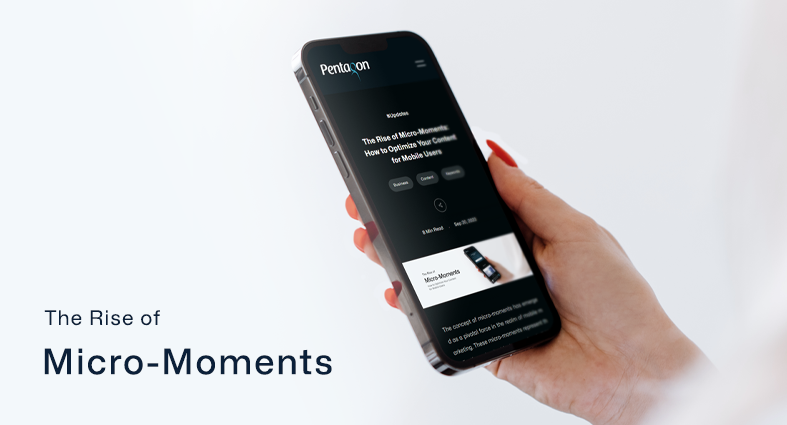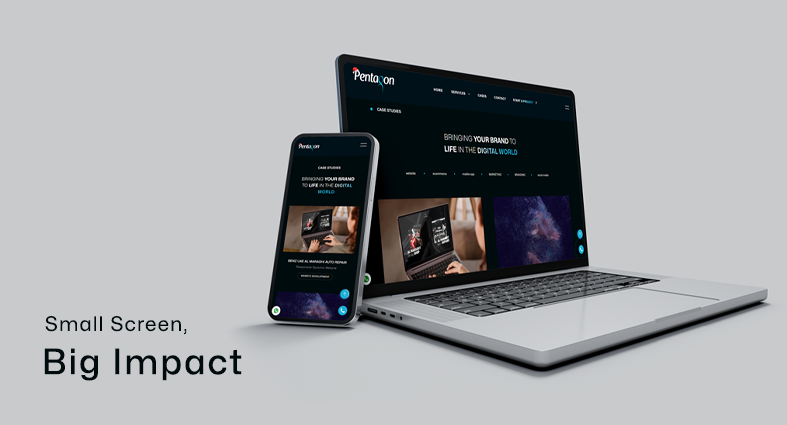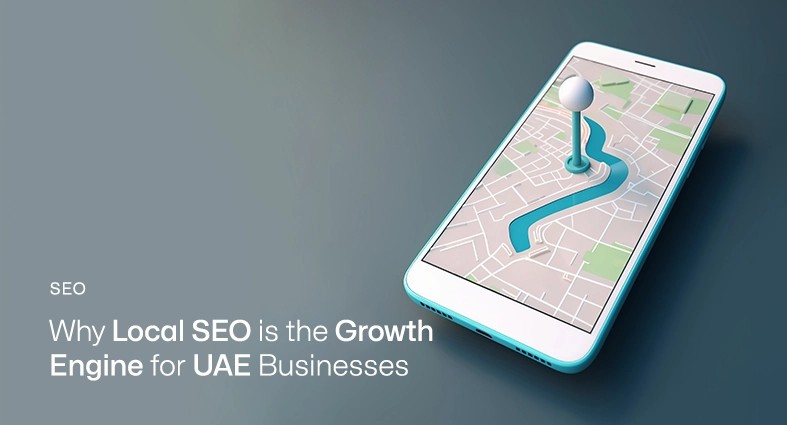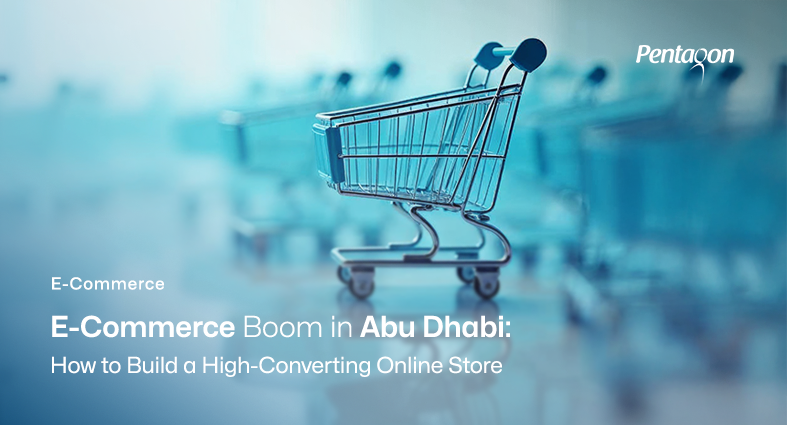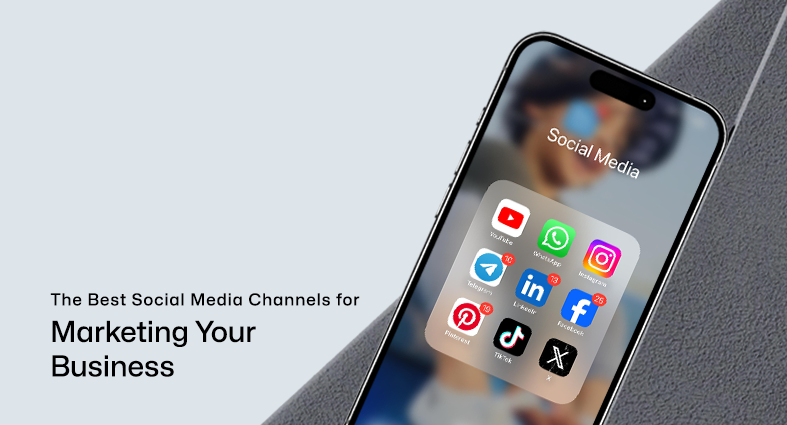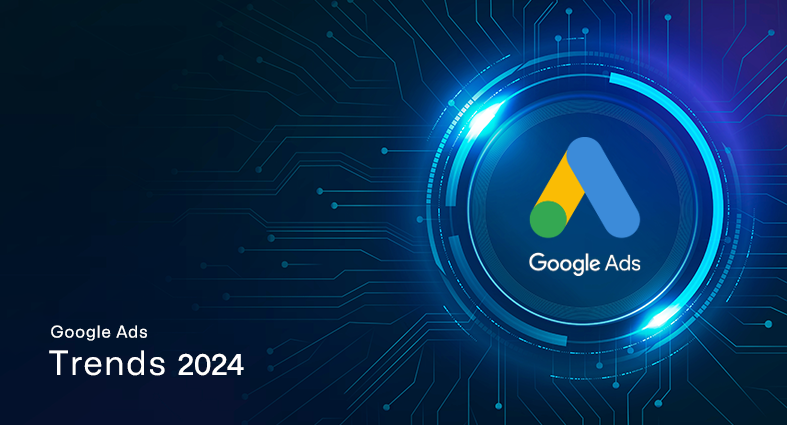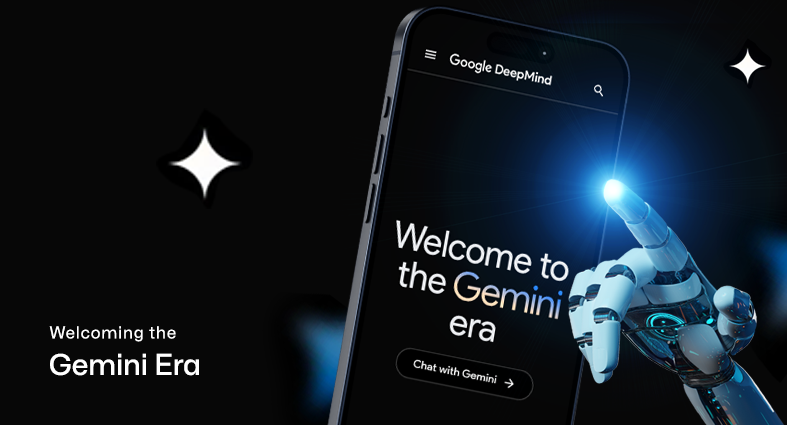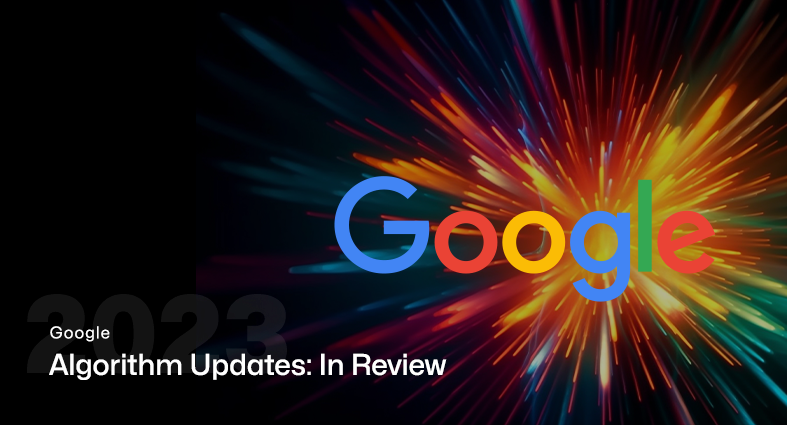Personalized marketing has emerged as a powerful strategy in today’s competitive business landscape. In a world where consumers are bombarded with countless marketing messages, businesses need to find innovative ways to stand out and connect with their target audience. This is where the concept of personalized marketing comes into play. Personalization involves tailoring marketing strategies, messages, and experiences to individual customers based on their unique preferences, behaviors, and demographics. Personalized marketing allows businesses to cut through the noise, capture the attention of their target audience, and drive meaningful interactions that convert into sales. It goes beyond mass marketing techniques and focuses on delivering relevant and personalized content that resonates with each customer on a deeper level.
Customers are no longer satisfied with generic advertisements that do not address their specific needs. They expect brands to understand their preferences, anticipate their desires, and provide personalized solutions. Personalization not only enhances the customer experience but also plays a pivotal role in driving higher engagement, increasing customer loyalty, and ultimately boosting sales. In this blog, we delve into the world of personalized marketing, exploring its importance, benefits, implementation strategies, and successful case studies.
Definition of personalized marketing
Personalized marketing involves leveraging customer data to create targeted and relevant communications that resonate with each customer on a personal level. Personalized marketing aims to deliver the right message to the right person at the right time, creating a more personalized and engaging customer experience.
Personalized marketing utilizes customer data, such as browsing history, purchase behavior, demographic information, and preferences, to customize marketing messages and experiences. By leveraging this data, businesses can create highly targeted campaigns that address individual needs, preferences, and pain points. For example, an online clothing store can send personalized recommendations based on a customer’s past purchases, browsing history, and style preferences. This level of personalization makes customers feel understood, increases relevancy, and enhances their overall experience with the brand.
Benefits of Personalized Marketing
- Increased customer engagement and satisfaction: Personalized marketing significantly boosts customer engagement and satisfaction. When customers receive personalized offers and recommendations that align with their preferences and interests, they are more likely to take action and make a purchase. This heightened engagement results in greater customer satisfaction and a deeper connection with the brand.
- Improved customer loyalty and retention: Personalized marketing has a direct impact on customer loyalty and retention. Personalization creates a sense of exclusivity and strengthens the customer-brand relationship, leading to increased customer lifetime value and reduced churn rates. Loyal customers are also more likely to provide positive reviews, refer others to the brand, and become brand ambassadors.
- Higher conversion rates and sales: One of the key benefits of personalized marketing is its ability to drive higher conversion rates and sales. Personalized recommendations and offers based on customer preferences and behaviors have a higher likelihood of converting into sales. When customers receive personalized messages that address their specific needs or offer a solution to their pain points, they are more inclined to make a purchase, leading to increased conversion rates and revenue growth.
- Enhanced customer experience and brand perception: Personalized marketing contributes to an enhanced customer experience and positively impacts brand perception. When customers receive personalized communications, offers, and experiences, it creates a sense of care and attention to detail. Customers are more likely to view the brand as trustworthy, customer-centric, and innovative when they receive personalized interactions. A positive brand perception not only fosters customer loyalty but also attracts new customers who are seeking personalized and meaningful experiences.
Types of Personalized Marketing
Personalized marketing encompasses a range of strategies that allow businesses to deliver customized experiences and messages to their target audience. There are various types of personalized marketing that businesses can leverage to enhance their marketing efforts. Product recommendations are a popular form of personalized marketing, where businesses analyze customer data to offer tailored suggestions based on browsing history, purchase behavior, and preferences. Personalized email marketing is another effective strategy that involves segmenting the email list and crafting customized email content based on customer preferences, purchase history, or engagement level. Personalized website experiences play a crucial role in delivering tailored content and recommendations based on user behavior and preferences. Let’s explore them in more detail:
Product Recommendations
Product recommendations are a powerful strategy that leverages customer data to offer personalized suggestions. By analyzing past purchase history, browsing behavior, and demographic information, businesses can provide tailored product recommendations to individual customers. This level of personalization enhances the customer experience by presenting them with relevant and appealing options, increasing the likelihood of conversion and cross-selling. Effective product recommendation systems utilize algorithms and machine learning to continuously improve the accuracy and relevance of recommendations. By implementing these systems, businesses can harness the potential of personalized product suggestions to drive customer satisfaction and sales growth.
Personalized Email Marketing
Segmenting your email list is a key strategy for personalized email marketing. By dividing your subscriber base into distinct segments based on factors such as demographics, purchase history, or engagement level, you can craft targeted and relevant email communications. Segmenting allows you to send personalized content that resonates with each segment, increasing open rates, click-through rates, and conversions. Furthermore, personalized email content based on customer preferences and behaviors fosters a stronger connection with your audience. By analyzing data such as past purchases, browsing history, or email interactions, you can tailor email content to address their specific needs, interests, and pain points. This personalized approach builds trust, engagement, and brand loyalty, resulting in improved email marketing performance.
Personalized Website Experiences
Customizing website content, layout, and recommendations based on user behavior is an effective way to create personalized website experiences. By leveraging user data such as past interactions, browsing history, or purchase patterns, businesses can dynamically adjust website elements to provide a tailored user journey. For example, a clothing retailer can display personalized product recommendations based on the user’s browsing and purchase history, or an e-commerce platform can showcase personalized offers and discounts based on user preferences. Implementing dynamic website elements enhances user engagement, increases time spent on the site, and ultimately improves conversion rates. By delivering a personalized and seamless website experience, businesses can create a stronger connection with visitors and maximize their online potential.
Tips for Implementing Personalized Marketing Strategies
Implementing personalized marketing strategies requires careful planning and execution. Here are some essential tips to help you effectively implement personalized marketing strategies and maximize their impact on your business. Collect customer data through various channels, such as surveys, feedback forms, and website analytics, to gain insights into customer preferences and behaviors. Segment your customer base based on demographics, preferences, purchase history, or engagement levels, allowing for targeted messaging and offers tailored to each segment. Utilize marketing automation tools to streamline personalized marketing efforts, enabling you to send personalized emails, implement website personalization, and deliver targeted product recommendations at scale. To effectively implement personalized marketing strategies, let’s understand these tips in detail:
Collecting Customer Data
Collecting accurate and relevant customer data is the foundation of successful personalized marketing. Utilize various data collection methods, such as surveys, customer feedback forms, and website analytics, to gather valuable insights about your customers. Surveys and feedback forms allow you to directly ask customers for their preferences, interests, and feedback, while website analytics provide data on customer behavior, interactions, and purchase history. It is crucial to ensure compliance with data privacy regulations and maintain data security. Communicate to your customers how their data will be used and protected, and obtain their consent for data collection and storage. Building trust and maintaining the privacy of customer information is essential for successful personalized marketing.
Audience Segmentation
Segmenting your customer base allows you to deliver targeted messaging and offers tailored to each segment’s preferences and needs. Start by analyzing your customer data to identify commonalities and patterns. Consider demographics, such as age, gender, location, and income, as well as psychographics, such as interests, values, and behaviors. Use this information to divide your customer base into segments that share similar characteristics. Once you have segmented your audience, craft personalized messaging and offers that resonate with each group. For example, if you have a segment of tech-savvy millennials, you can create content that aligns with their interests and uses language that speaks to their generation.
Marketing Automation
Marketing automation tools play a vital role in streamlining and scaling personalized marketing efforts. These tools allow you to automate repetitive tasks, personalize customer interactions, and deliver targeted content at scale. With the help of customer segmentation, you can send targeted emails based on customers’ preferences, behaviors, or purchase history. These personalized emails can include product recommendations, exclusive offers, or personalized content tailored to each customer’s interests. Marketing automation enables website personalization by dynamically displaying content, product recommendations, or offers based on each visitor’s browsing behavior or past interactions. Also, they can assist in automating product recommendations.
Examples of Successful Personalized Marketing Campaigns
Personalized marketing campaigns have proven to be highly effective in driving customer engagement, increasing conversions, and ultimately boosting sales. The following examples highlight the power of personalization in marketing and the positive impact it can have on driving sales and building stronger customer relationships. Let’s explore these successful examples of companies that have leveraged personalized marketing to their advantage.
Amazon’s Recommendation Engine
Amazon, the e-commerce giant, has mastered the art of personalized marketing with its highly effective recommendation engine. This sophisticated system analyzes customer browsing and purchase history, along with other factors, to offer tailored product suggestions. By leveraging customer data and machine learning algorithms, Amazon creates a personalized shopping experience for each user, displaying products that align with their interests and preferences. The impact of Amazon’s personalized recommendations is evident in their remarkable sales growth and improved customer satisfaction. Customers appreciate the convenience of finding products they are likely to be interested in, leading to increased engagement, repeat purchases, and a boost in overall sales.
Spotify’s Personalized Playlists
Spotify, the popular music streaming platform, has embraced personalization to transform the way users discover and enjoy music. By leveraging user listening habits and preferences, Spotify curates personalized playlists for each individual. These playlists are tailored to users’ unique tastes, taking into account their favorite genres, artists, and previously listened-to tracks. This level of personalization has revolutionized the music listening experience, creating a sense of connection between users and the platform. The impact of personalized music recommendations on Spotify is remarkable, driving higher user engagement and retention rates. Users feel understood and catered to, leading to increased loyalty and continued subscription renewals.
Coca-Cola’s “Share a Coke” Campaign
Coca-Cola’s “Share a Coke” campaign is a shining example of how personalization can drive consumer engagement and boost sales. In this campaign, Coca-Cola printed individual names on their bottles, creating a sense of personal connection between the brand and its consumers. By incorporating personalization into their packaging, Coca-Cola tapped into the emotional aspect of personal identity and encouraged customers to share their Coke moments with friends and family. The campaign sparked immense consumer engagement, as people sought to find their names or the names of loved ones on the bottles. This personalized marketing approach had a significant impact on sales growth, as consumers felt a sense of ownership and connection with the brand. The campaign not only increased consumer engagement but also created a buzz on social media, amplifying its reach and impact.
Conclusion
Personalization has become a game-changer in the world of marketing, offering businesses the opportunity to connect with customers on a deeper level and drive remarkable sales growth. The benefits of personalized marketing are far-reaching, including increased customer engagement, improved brand loyalty, higher conversion rates, and enhanced customer experiences. Examples of successful personalized marketing campaigns from companies like Amazon, Spotify, and Coca-Cola demonstrate the transformative power of personalization in driving sales and building strong customer relationships. Embracing personalization in marketing allows businesses to put the ‘me’ back into their strategies, creating meaningful connections and unlocking new levels of success in today’s competitive market. Take your business to new heights with our comprehensive IT services. Whether you need network solutions, cybersecurity, cloud migration, or IT support, our expert team is here to deliver cutting-edge solutions tailored to your specific needs. Don’t let outdated technology hold you back. Embrace the power of advanced IT services and gain a competitive edge in the digital landscape. Contact us now to schedule a consultation and revolutionize your IT infrastructure!
services
Feel free to send us a message.
Please, share your thoughts, and let's chat over a cup of tea.






